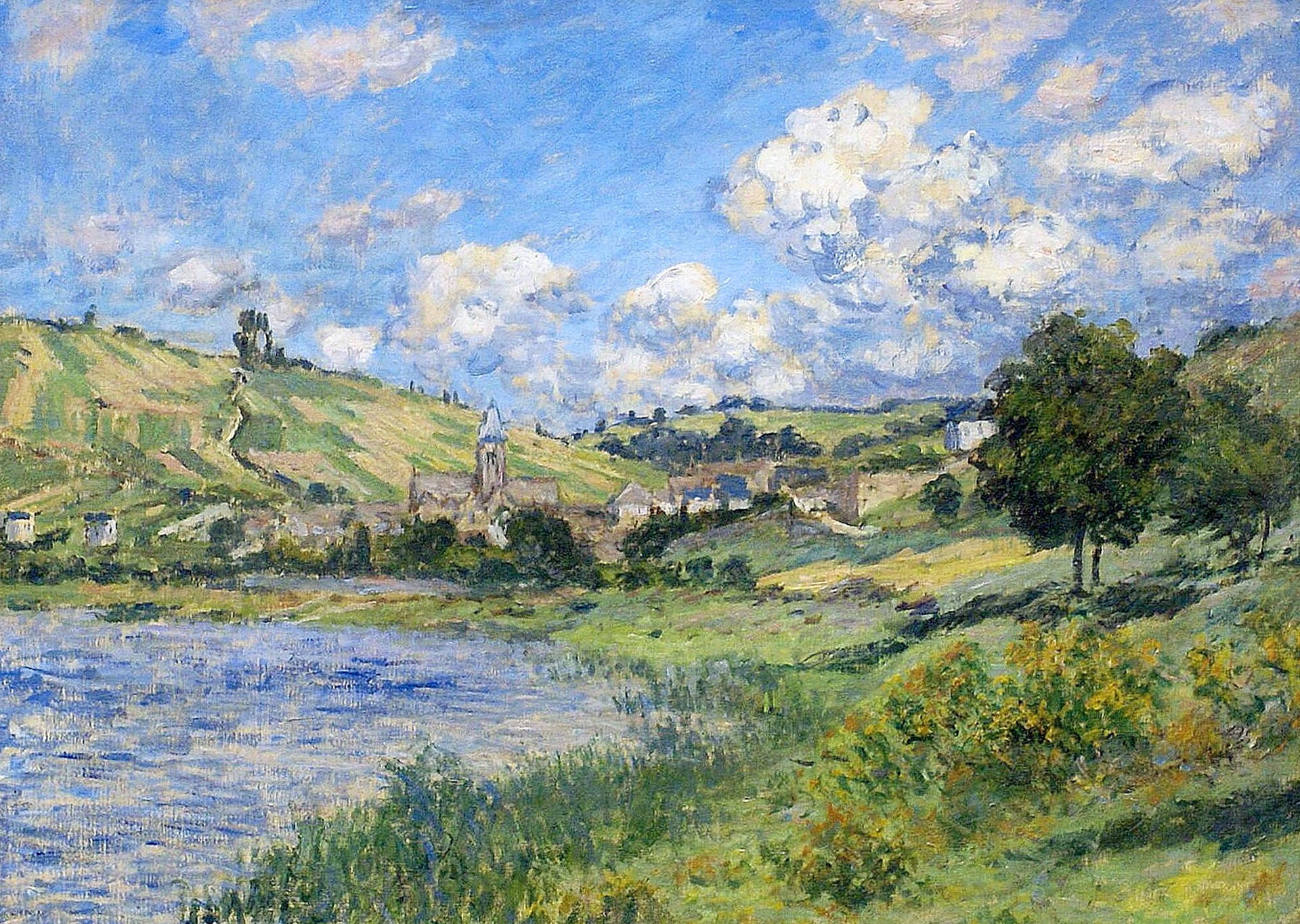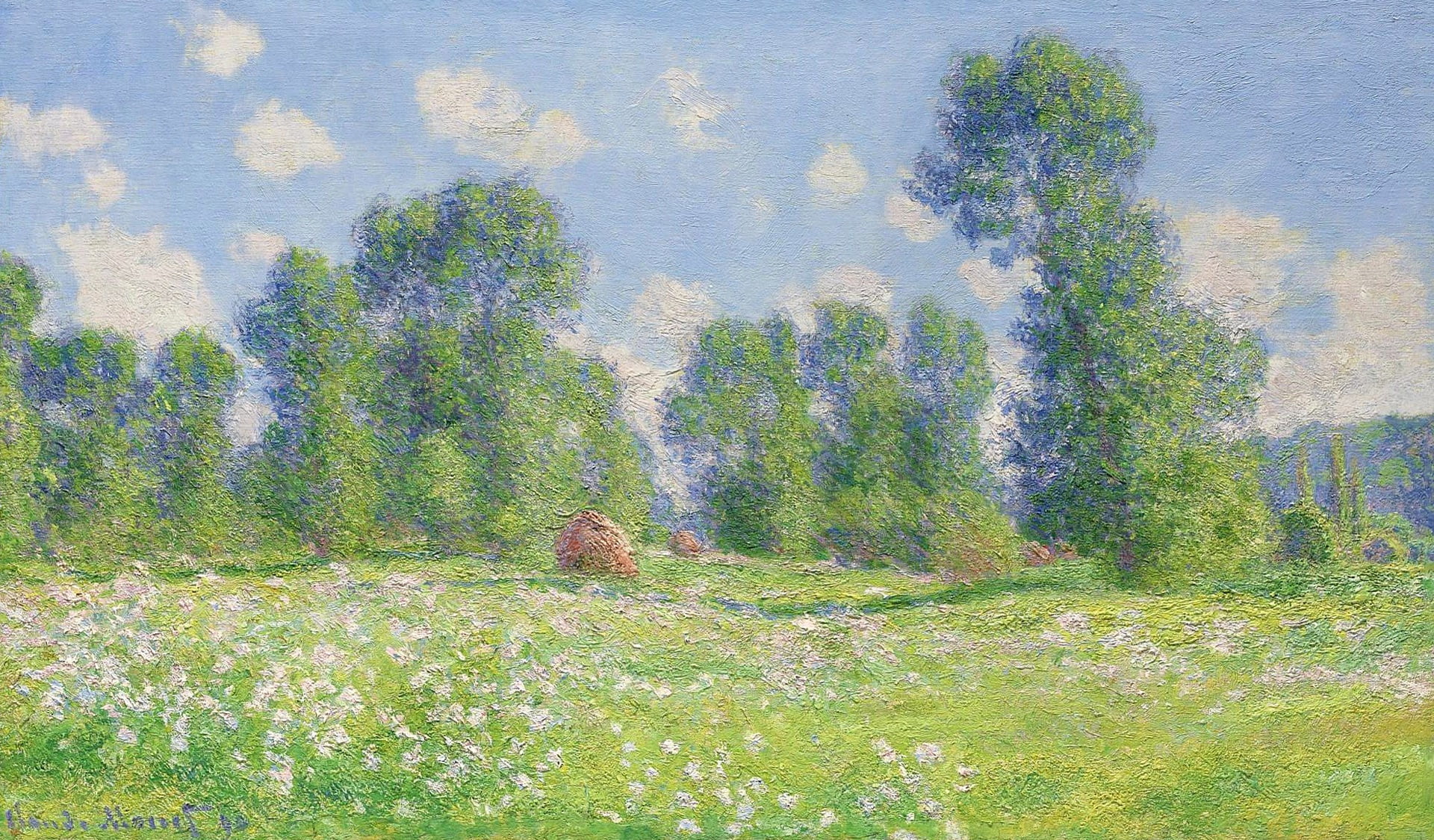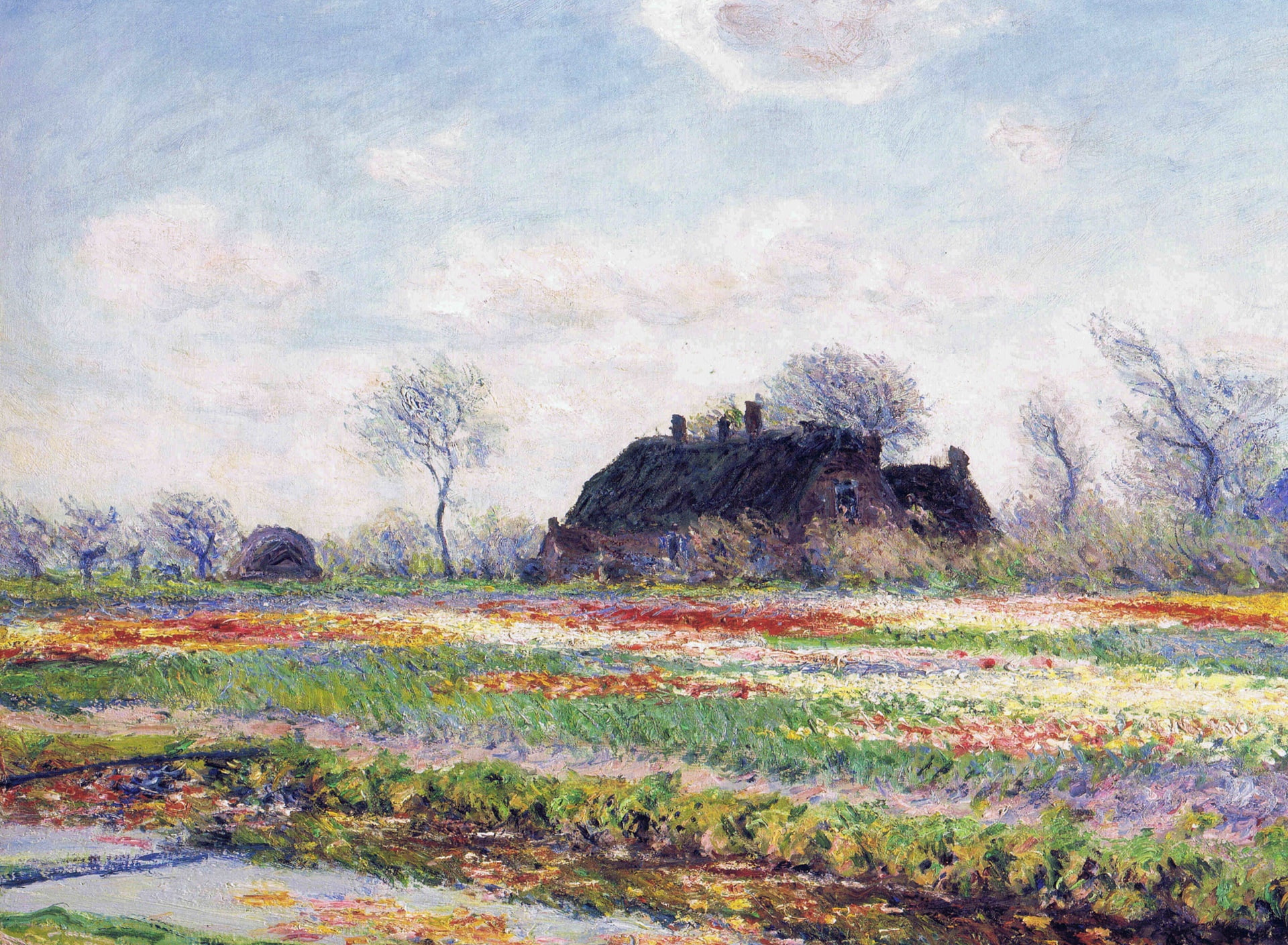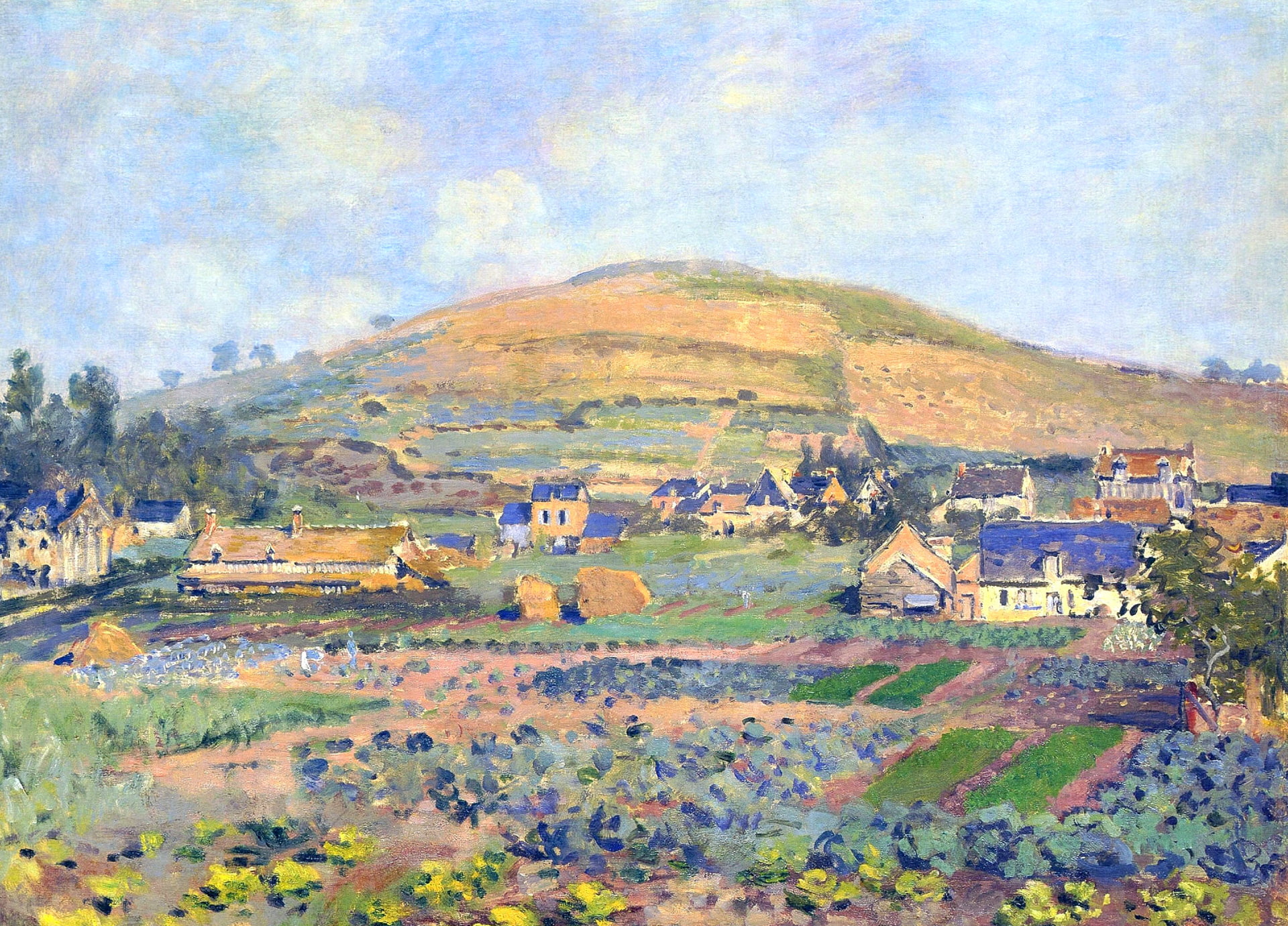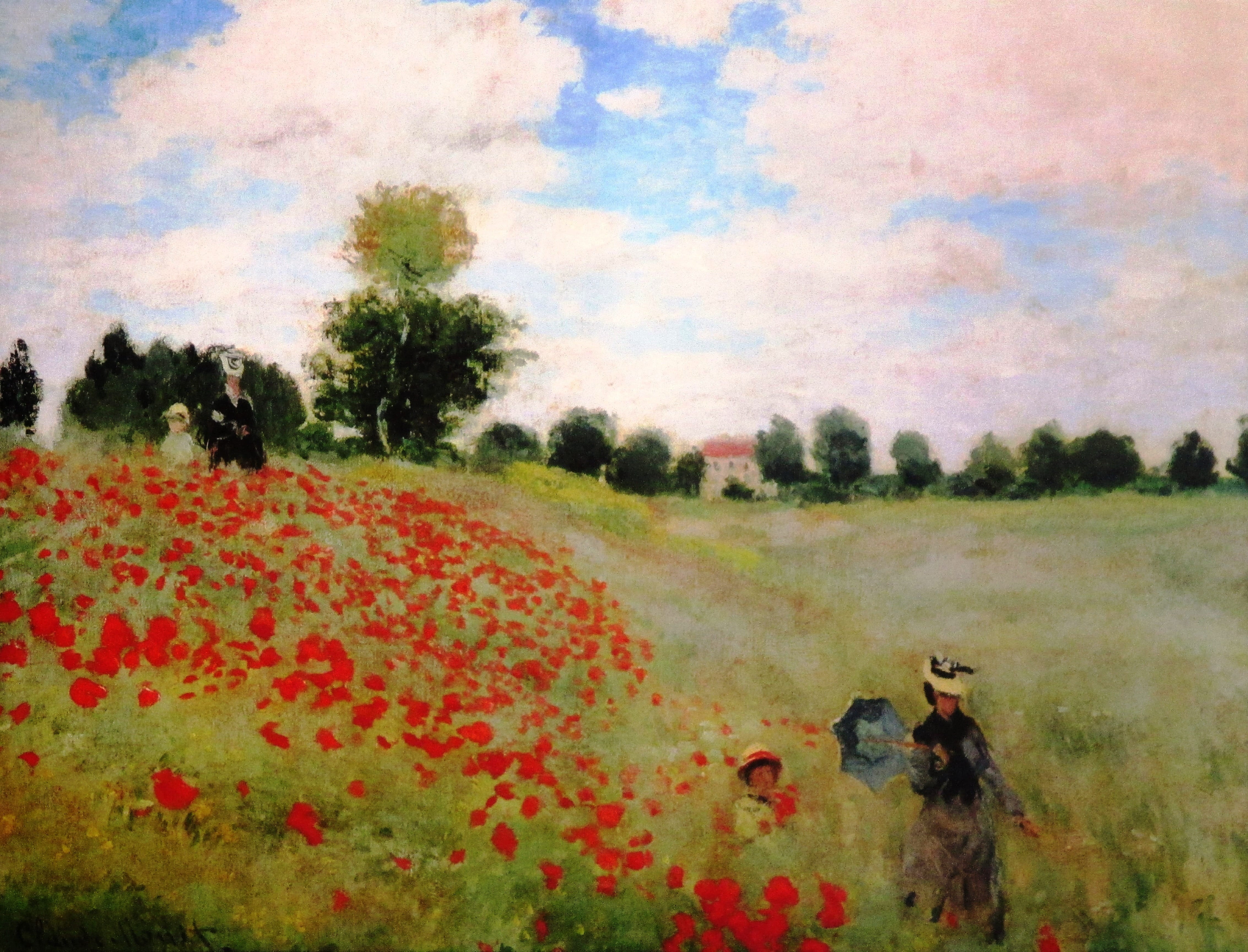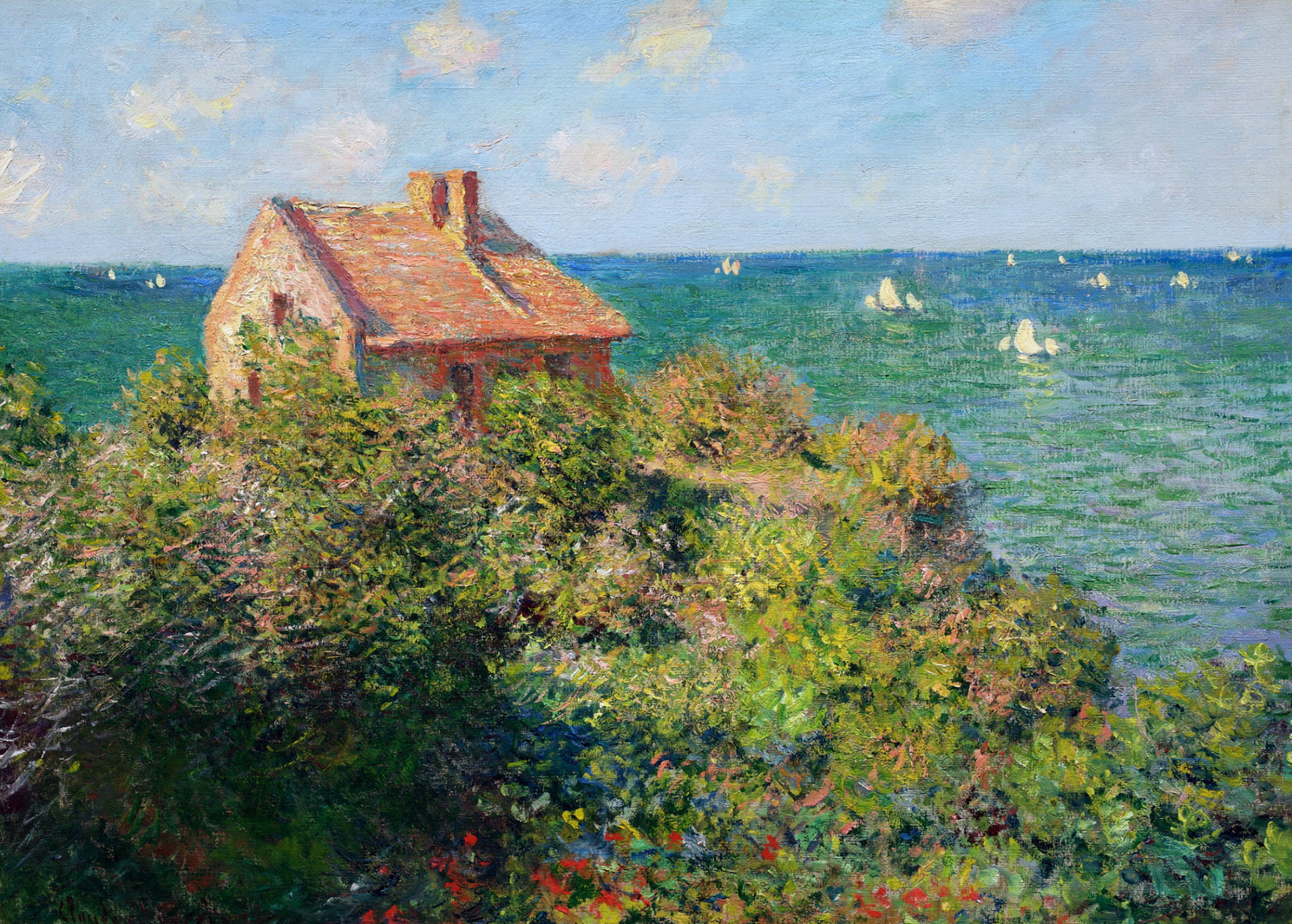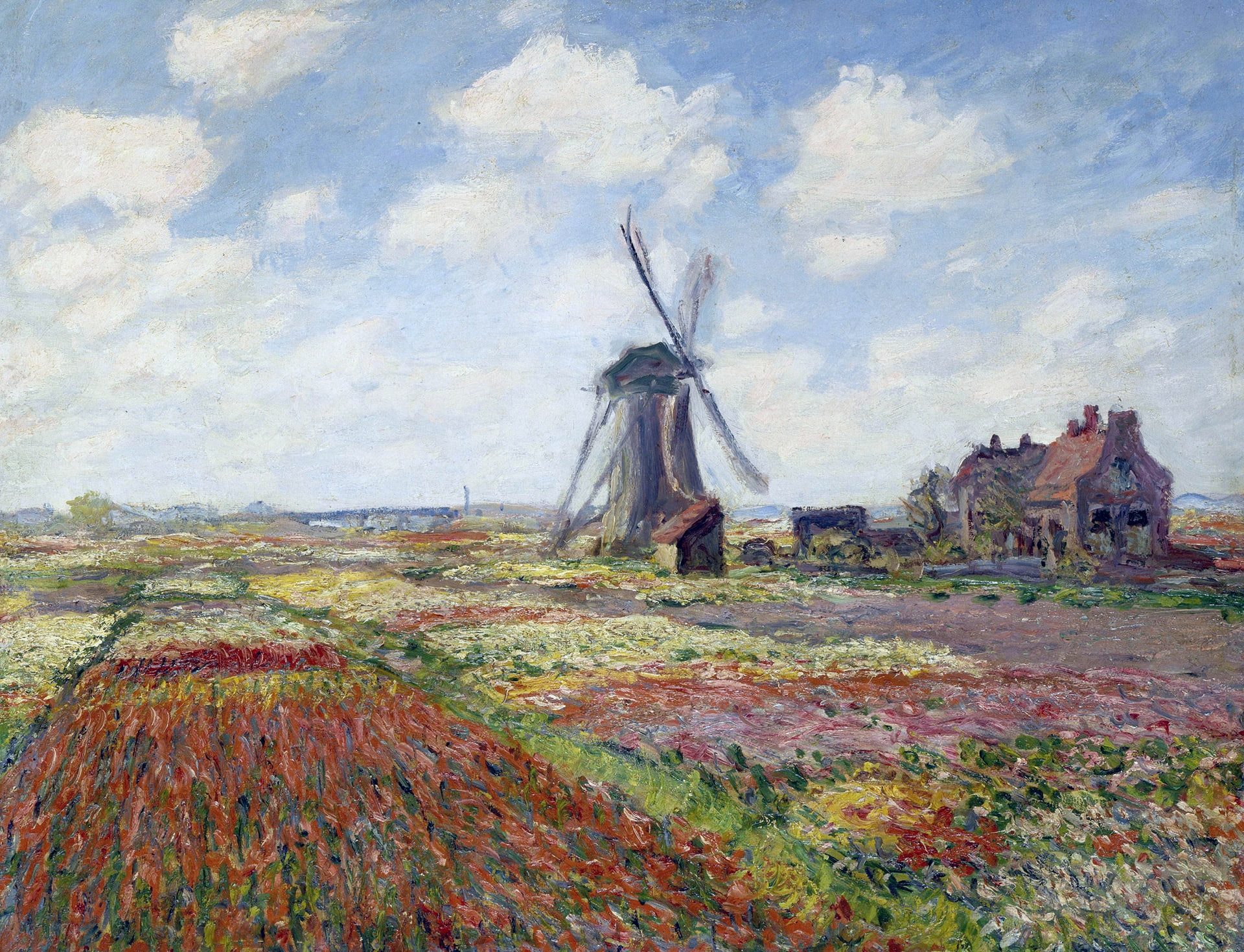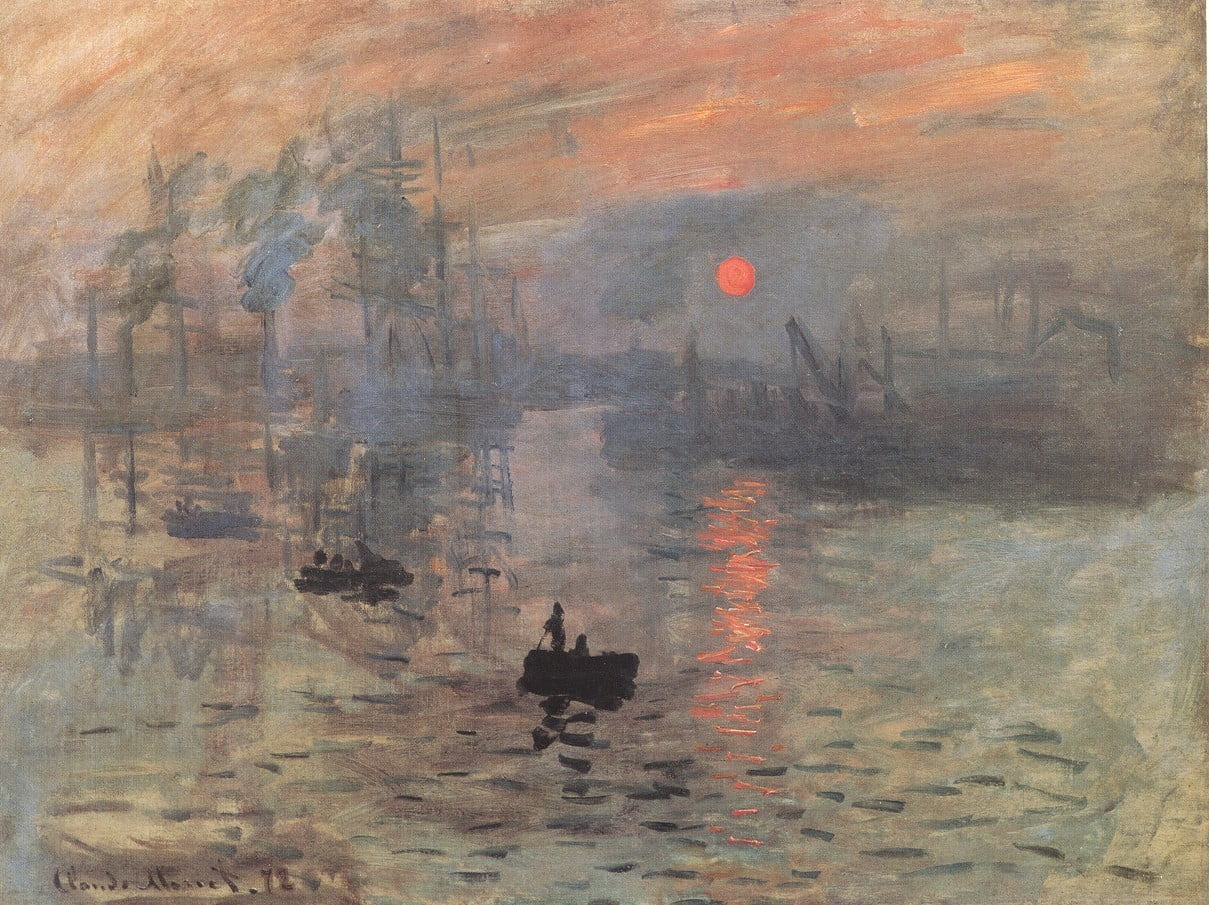late-summer orchard hummed with the slow industry of ripening: apples hung heavy and blushed where sun had kissed them, and bees navigated the space like
A late-summer orchard hummed with the slow industry of ripening: apples hung heavy and blushed where sun had kissed them, and bees navigated the space like tiny, earnest navigators, visiting flowers with a clumsy, comic diligence. An old ladder leaned against a gnarled tree, its rungs worn smooth by hands that had climbed them for decades; a woman with a wide-brimmed hat moved through the rows with the economy of someone who knew each tree's mood—this one stingy with fruit, that one generous after a dry spell. Children chased one another between trunks, their laughter turning the orchard into a tentative carnival, while a man sat on a low stone wall carving wooden spoons, the soft scrape of his knife marking time alongside birdsong. On a picnic blanket, two friends shared a thermos of thick, bitter coffee and a paper bag of doughnuts, swapping small triumphs and the kinds of confessions that feel safe outdoors. A farmer checked the irrigation, pleased when a slender hose hissed and promised the thirsty saplings a reprieve; nearby, a scarecrow worn more by stories than weather leaned at an amiable angle, its hat askew as if listening. As afternoon softened, light threaded itself through leaves and turned dust motes into slow, deliberate planets orbiting the picnic scene. When dusk arrived, the orchard smelled of crushed green and sugar, and lanterns were lit—paper globes that bobbed in the cooling air—transforming the rows into corridors of soft gold. People lingered longer than they meant to, reluctant to leave the orchard’s small dissolving day; in that reluctance was an unspoken agreement that moments like this could be kept, if only for a little while, in memory and in jars of preserved fruit.

